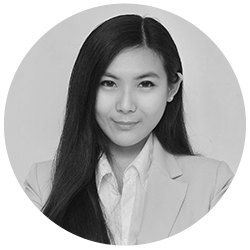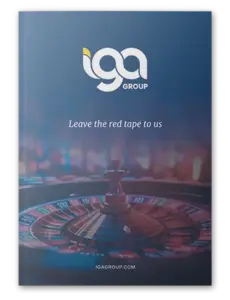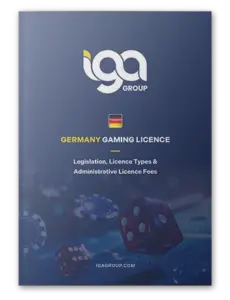Germany
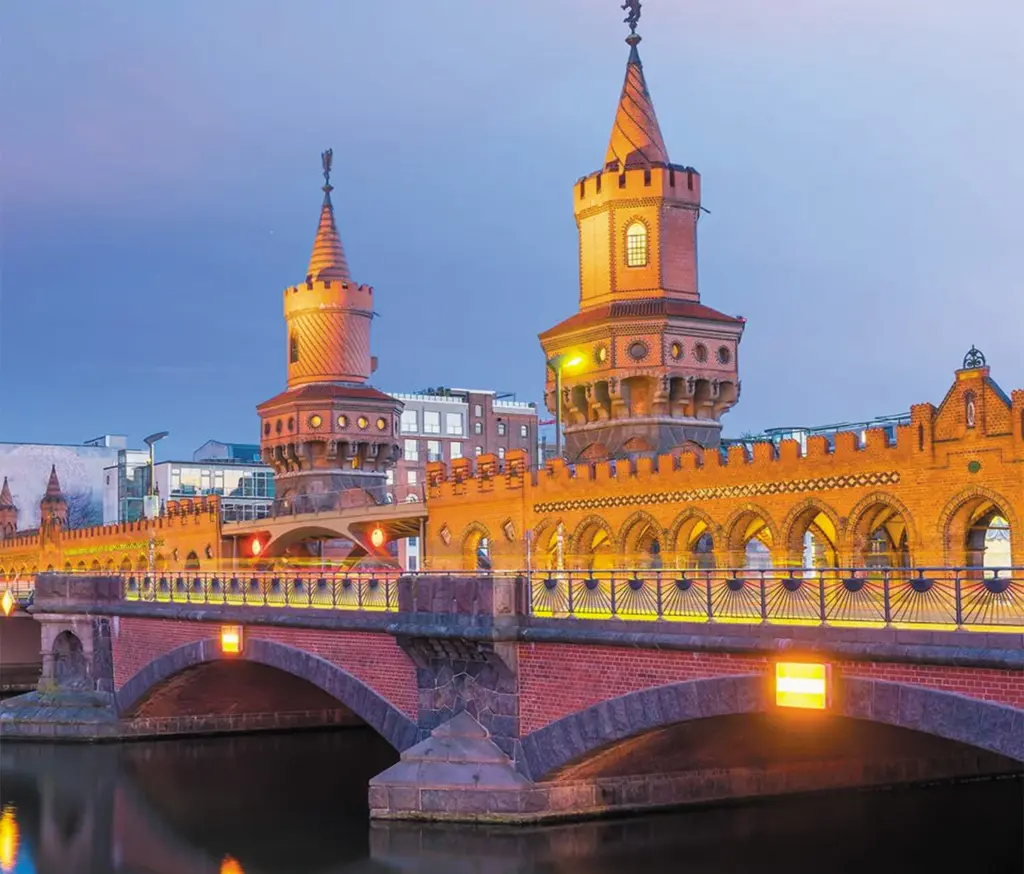
Germany recently reformed its gambling laws, legalising online casino and poker games under a strict regulatory framework that emphasises responsible gaming and player protection.
Discover why Germany is becoming a key destination for iGaming operators and how its newly structured gaming laws can support your business.
Germany is ideal for experienced operators with the resources and expertise to navigate a highly regulated environment. As one of Europe’s largest iGaming markets, Germany provides high revenue potential but requires significant compliance and operational experience.
Key Contacts
Downloads
Useful Links
Key Information
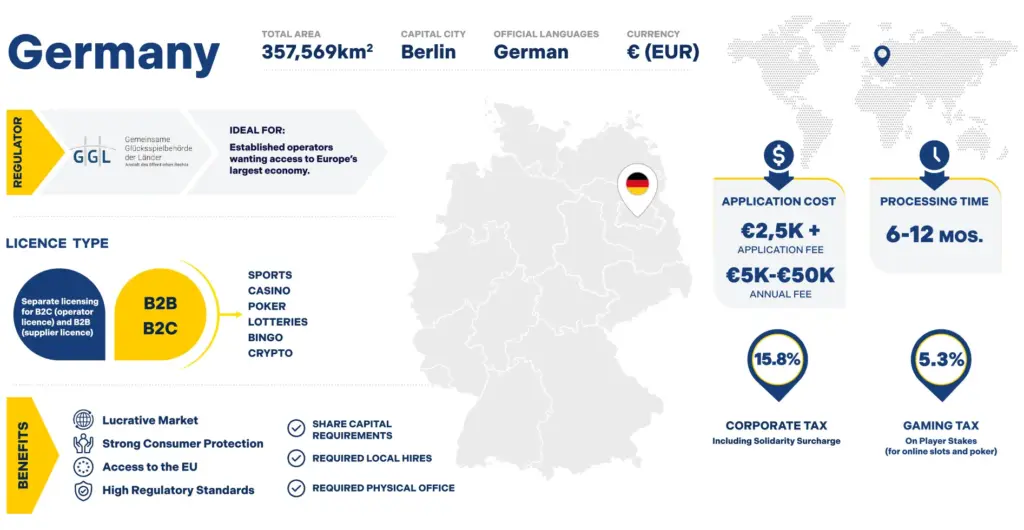
Benefits
OPERATING UNDER GGL SUPERVISION GRANTS ACCESS TO EUROPE’S LARGEST REGULATED GAMBLING MARKET, COMBINING UNMATCHED COMMERCIAL OPPORTUNITY WITH THE WORLD’S MOST RIGOROUS PLAYER PROTECTION STANDARDS TO SAFEGUARD BOTH OPERATOR INTEGRITY AND CONSUMER TRUST.
Lucrative Market Potential
Germany represents the most substantial commercial opportunity in European online gambling due to its large population of engaged players and mature digital infrastructure. Licensed operators benefit from predictable market conditions under the GlüStV 2021 framework, including fixed five-year licence terms and transparent 5.3% tax on stakes rather than revenue. The market's stability and size provide exceptional return on investment potential for compliant operators.
Strong Consumer Protection
The German regulatory framework's emphasis on player protection enhances licensed operators' reputational standing. Mandatory systems like the LUGAS monitoring platform and OASIS self-exclusion registry represent the industry's most advanced responsible gambling tools. These measures not only ensure compliance but also demonstrate to players and partners an uncompromising commitment to safe gambling practices.
Regulatory Recognition
Germany's licensing standards are globally respected as among the most stringent in the gambling industry. GGL approval serves as a powerful endorsement when pursuing opportunities in other jurisdictions, as the technical and compliance documentation often satisfies core requirements for neighbouring markets. The certification process provides operators with robust systems that facilitate expansion while minimising redundant due diligence costs.
High Operational Standards
The technical requirements for German licensure, including ISO 27001 certification and game testing protocols, establish operational excellence that translates across jurisdictions. These standards provide licensed operators with competitive advantages in player acquisition and retention while ensuring long-term business continuity under Europe's most stable regulatory regime.
Requirements
GERMANY’S LICENSING FRAMEWORK IS THE MOST STRINGENT IN EUROPE, COMBINING STRICT FINANCIAL OVERSIGHT WITH TOP-TIER PLAYER PROTECTION MEASURES. OPERATORS & B2B PROVIDERS MUST MAINTAIN CONTINUOUS COMPLIANCE IN ALL AREAS OF OPERATION TO RETAIN THEIR LICENSE.

01
Legal Entity
Applicants must establish a legal entity within Germany or another EU/EEA member state, with documented proof of registration and corporate governance structures. The entity must demonstrate full operational capacity to meet German regulatory obligations, including local representation for regulatory communications.
02
Financial Requirements
While no fixed minimum capital is specified, operators must provide audited financial statements proving sufficient liquidity to cover twelve months of operational costs, player liabilities, and the mandatory €5 million security deposit. Financial projections must account for the unique 5.3% stake tax model.
03
Responsible Gaming Systems
Licensees must implement Germany’s comprehensive player protection framework including the €1,000 monthly deposit limit enforced through the LUGAS monitoring system and integration with the OASIS national self-exclusion registry. Real-time algorithms must detect problematic play patterns and trigger mandatory cooling-off periods.
04
Technical Standards
All gaming systems require ISO 27001 certification and independent testing laboratory approval. Platform providers must ensure EU/EEA-based server locations, five-second spin delays for slots, and full compatibility with Germany’s central monitoring interfaces. Technical audits occur quarterly with unannounced inspections.
05
AML/KYC Protocols
Strict anti-money laundering measures mandate real-time identity verification before first deposit, transaction monitoring with hourly threshold alerts, and immediate reporting of suspicious activity to Germany’s Financial Intelligence Unit. Payment processing is restricted to accounts bearing the player’s verified name.
06
Advertising Restrictions
All marketing materials must comply with Germany’s blanket ban on daytime advertising (06:00-21:00 for slots/poker) and prohibitions on celebrity endorsements. Responsible gambling warnings must occupy 20% of visual space, with direct links to OASIS in all digital communications.
07
Ongoing Compliance
Licensees submit daily player activity reports, quarterly financial disclosures, and annual responsible gambling audits. The GGL conducts random system checks and requires immediate notification of data breaches within 72 hours. Failure in any compliance area triggers licence review procedures.
Frequently Asked Questions
What is the application timeframe for a German Gaming License?
The complete licensing process typically requires 12-18 months from initial submission to final approval by the Joint Gambling Authority (GGL). This extended duration reflects Germany’s rigorous four-stage evaluation protocol: Preliminary documentation review (12-16 weeks), comprehensive background checks of all beneficial owners and directors (20-24 weeks), technical compliance audits of gaming systems and responsible gambling tools (16-20 weeks), followed by final regulatory deliberations (8-12 weeks). Operators should note that complex corporate structures or applications covering multiple verticals (e.g., slots plus sports betting) often extend the process beyond 18 months. The GGL imposes strict documentation requirements, and any incomplete submissions result in restarting the applicable review phase.
What is the licence term?
Successful applicants receive an initial five-year operating term, with potential seven-year renewals for operators maintaining flawless compliance records. This contrasts sharply with shorter 1-3 year terms common in other EU jurisdictions. The GGL may conduct unannounced audits at any point during the licence period, with material violations triggering immediate suspension proceedings. Licensees must submit renewal applications at least 12 months before expiration, initiating another full-scale review process.
Can gambling companies in Germany be owned by non-residents?
Non-EU ownership is permitted provided the operator establishes an EU/EEA legal entity (typically a German GmbH) and appoints at least one EU-resident director. However, all ultimate beneficial owners (UBOs) holding >10% shares undergo enhanced due diligence lasting 8-12 weeks, including: Notarized criminal record checks from all countries of residence over the past decade; documented proof of gambling industry experience; and comprehensive financial solvency reviews. Ownership structures involving high-risk jurisdictions (as defined by German AML regulations) face additional scrutiny adding 4-6 weeks to the approval timeline.
Are there any residency requirements for company Directors?
At least one executive director must be an EU/EEA resident with professional German language proficiency (CEFR Level B2 minimum). The GGL’s director suitability assessment takes 10-14 weeks, examining: 10-year employment history with verification of all previous gambling sector roles; personal creditworthiness checks; and in-person interviews with German regulators. Non-resident directors require special approval demonstrating monthly physical presence in Germany, with the exception process adding 6-8 weeks to overall licensing timelines.
What are the authorised capital requirements?
While no statutory minimum capital exists, operators must demonstrate liquidity to cover: The €5 million security deposit (held in a blocked German bank account); 12 months of operational costs including the 5.3% stake tax obligations; and player liability reserves equivalent to three months of average payout volumes. Financial audits must substantiate these capacities through: Three years of historical financials (for existing operators); or detailed five-year projections (for new market entrants) – a process typically requiring 4-6 months of preparatory work with German-certified accountants.
What taxes must a licensee pay?
Licensees incur three mandatory levies: The 5.3% tax on stakes (not revenue) for slots, poker and sports betting, payable monthly by the 15th day of the following month; Municipal trade taxes averaging 14-17% on profits, with annual filings; and 19% VAT on ancillary services. Operators should note the stake tax applies to gross gaming stakes regardless of profitability, creating unique cash flow considerations that typically require 3-6 months of financial modeling during the application phase.
Which countries are restricted to licensees?
German licensees must implement geo-blocking for: Jurisdictions prohibiting online gambling (e.g., most US states outside New Jersey); markets where secondary licenses are required but not held (e.g., France, Netherlands, Switzerland); and GGL-designated high-risk AML territories (currently including Belarus, Pakistan, and Cambodia). Compliance requires real-time IP verification and payment source checks, with system testing during the technical audit phase lasting 8-12 weeks. Violations trigger fines up to €500,000 per incident.
What are the essential components of a licensee operation?
Six core systems must be operational before launch: The LUGAS monitoring platform for deposit limits (integration requires 12-16 weeks); OASIS self-exclusion registry (8-10 week setup); ISO 27001-certified data centers within Germany/EU (certification takes 6-9 months); GGL-approved addiction prevention algorithms (4-6 month development cycle); German-speaking customer support teams (must be staffed before final approval); and pre-approved responsible gambling messaging (translation and approval requires 8-12 weeks).
Where can I find the regulatory framework?
The primary legislation comprises: The GlüStV 2021 (Federal Law Gazette I p. 691, amended 2023); GwG (AML Act); and state-level casino ordinances. These are published on the GGL portal (www.ggl.de), with supporting technical guidelines updated quarterly. While unofficial English translations exist, only the German-language versions hold legal validity. Operators typically require 3-5 months to fully analyze and implement all requirements with specialized legal counsel.
Need assistance?
Whether you have queries, need further assistance or would like to request a quote for any of our services, please don’t hesitate to contact us.
Leave your phone number and we’ll make sure to call you back.

